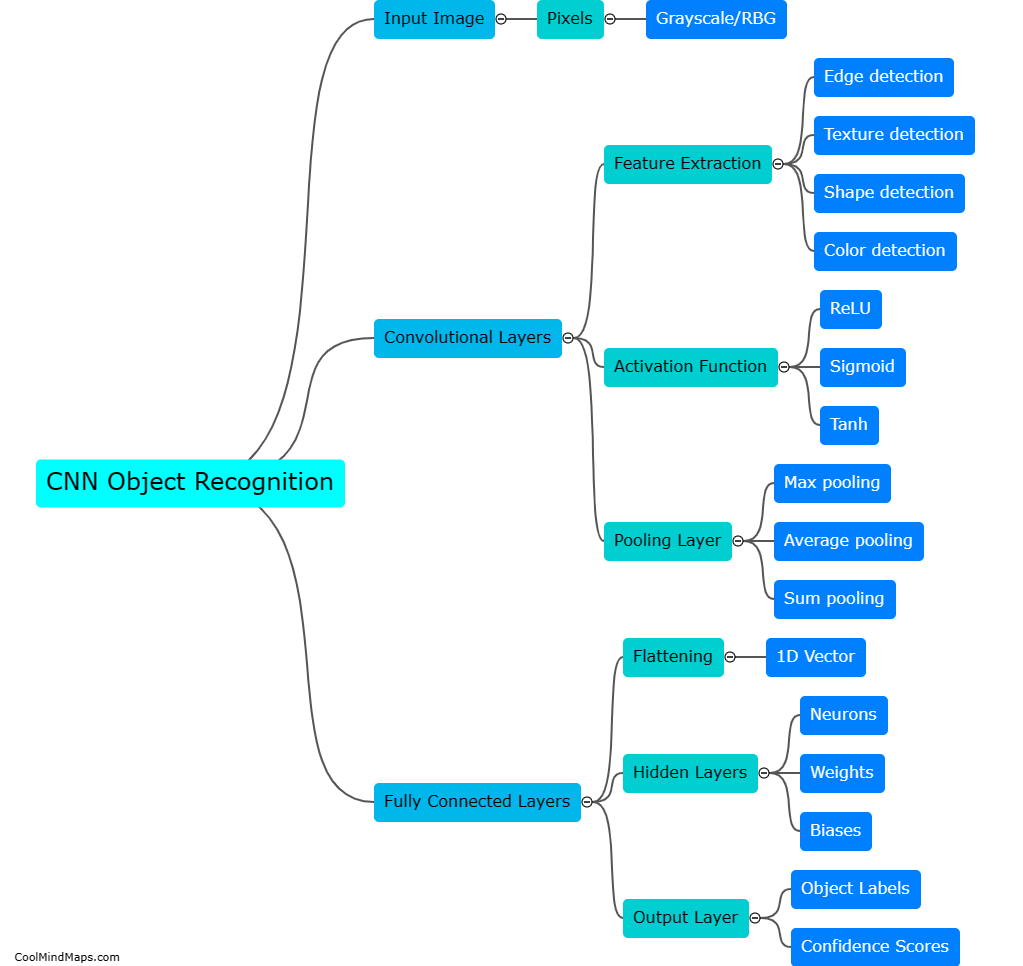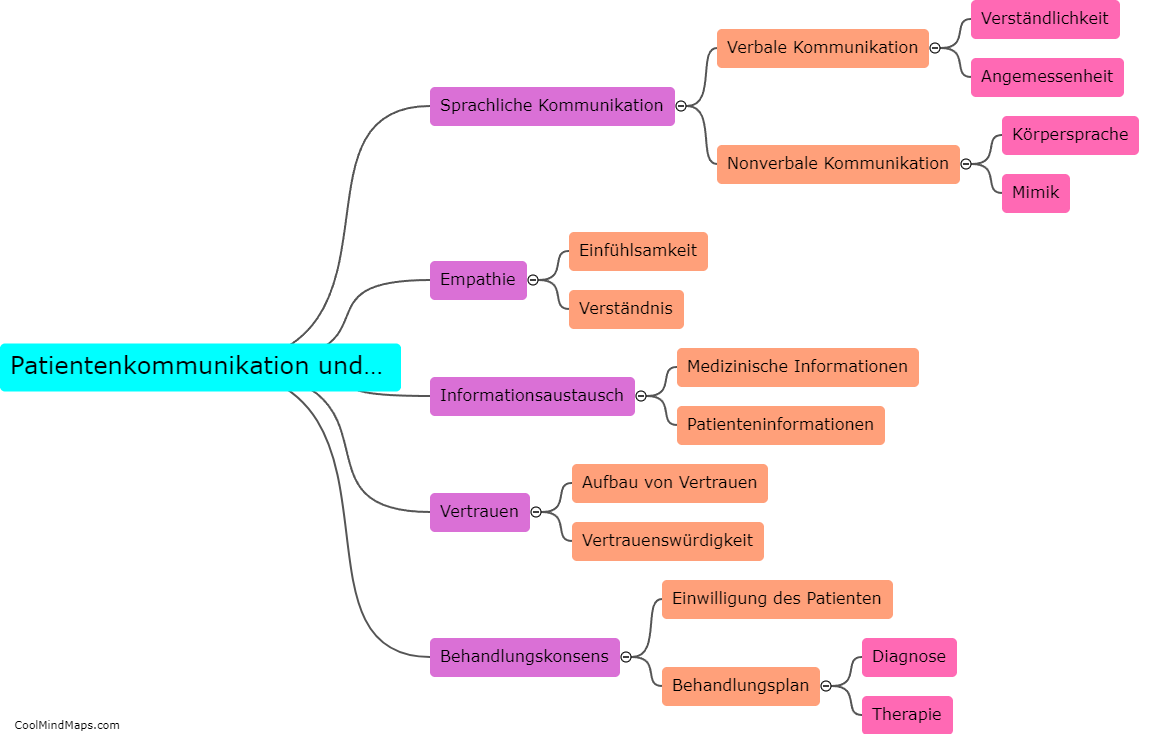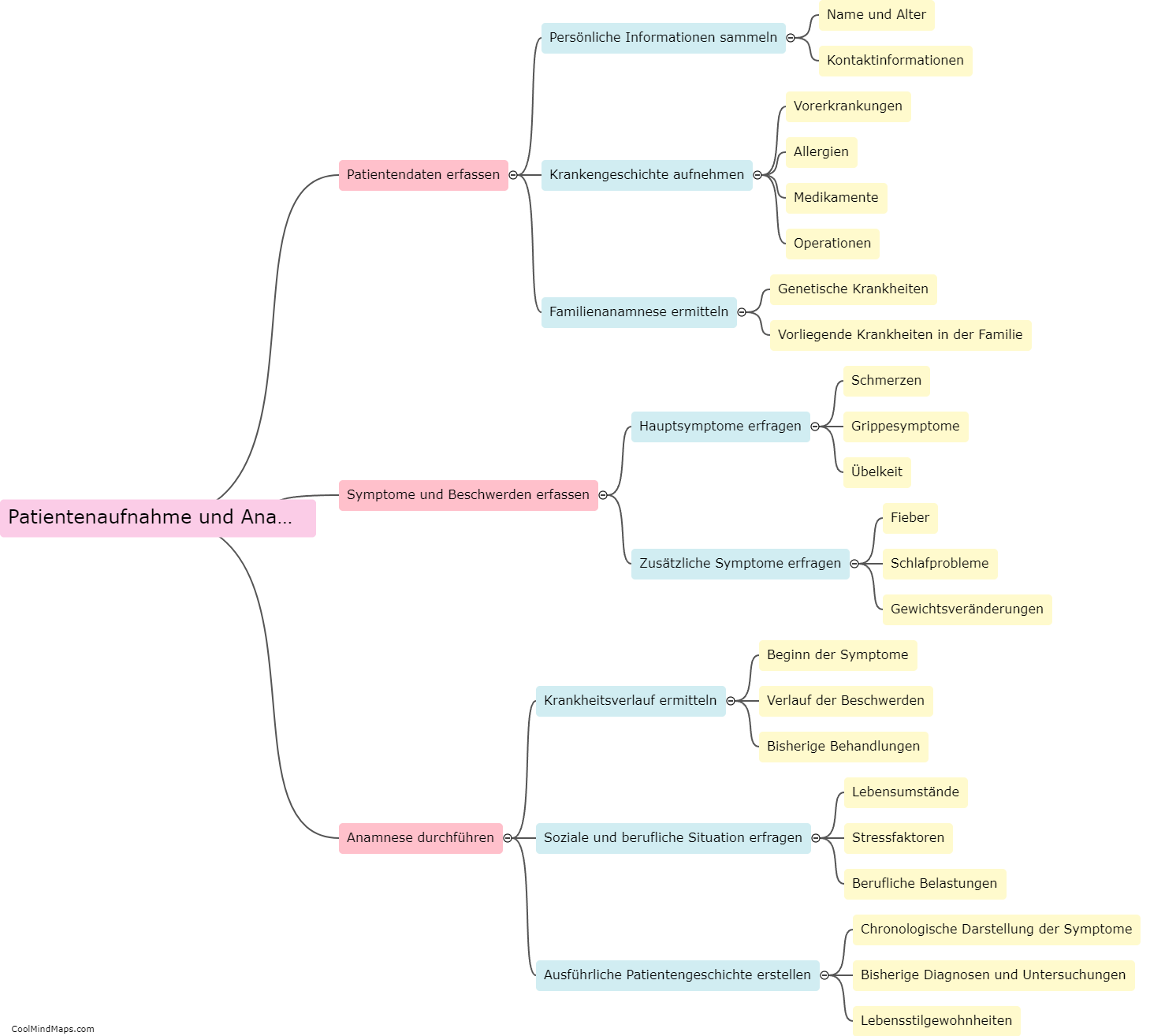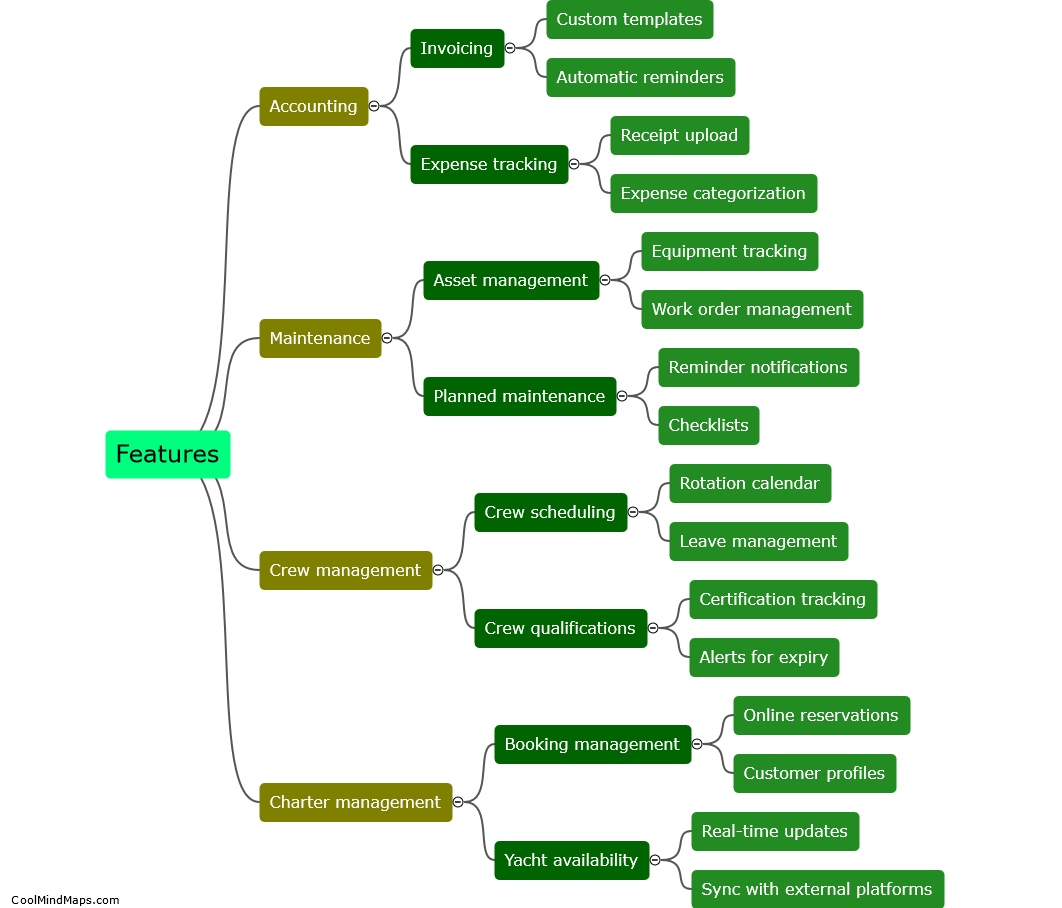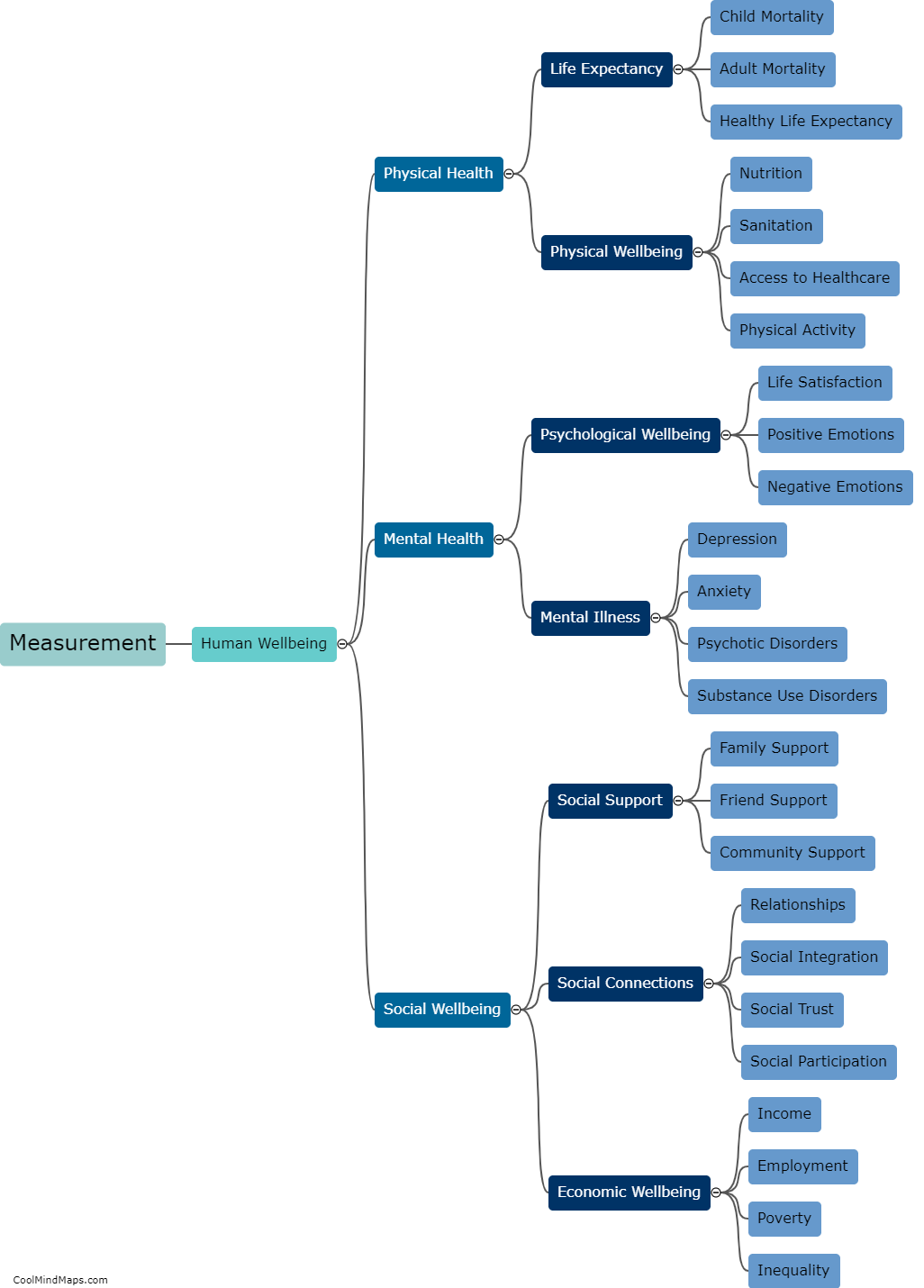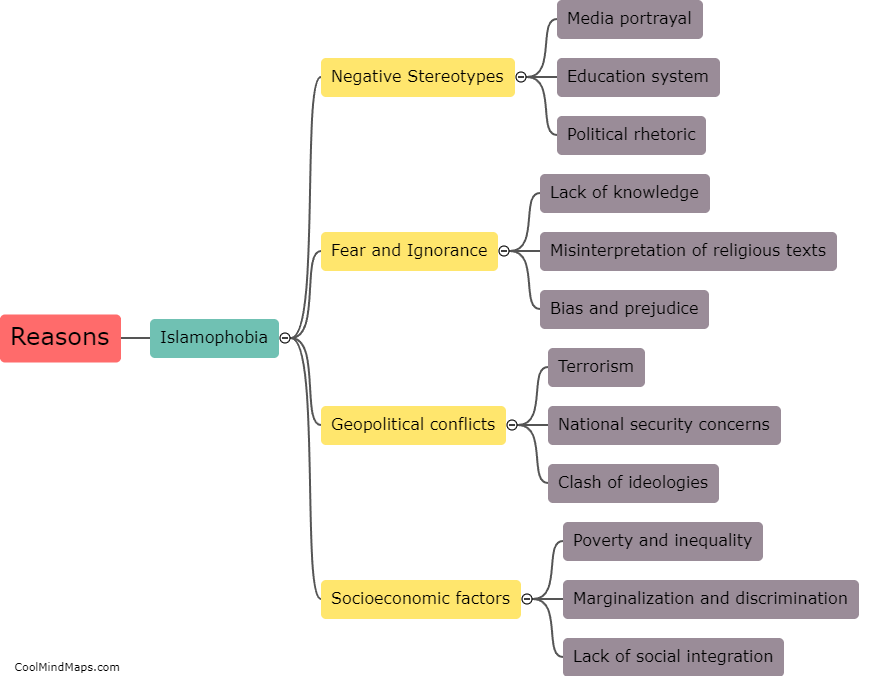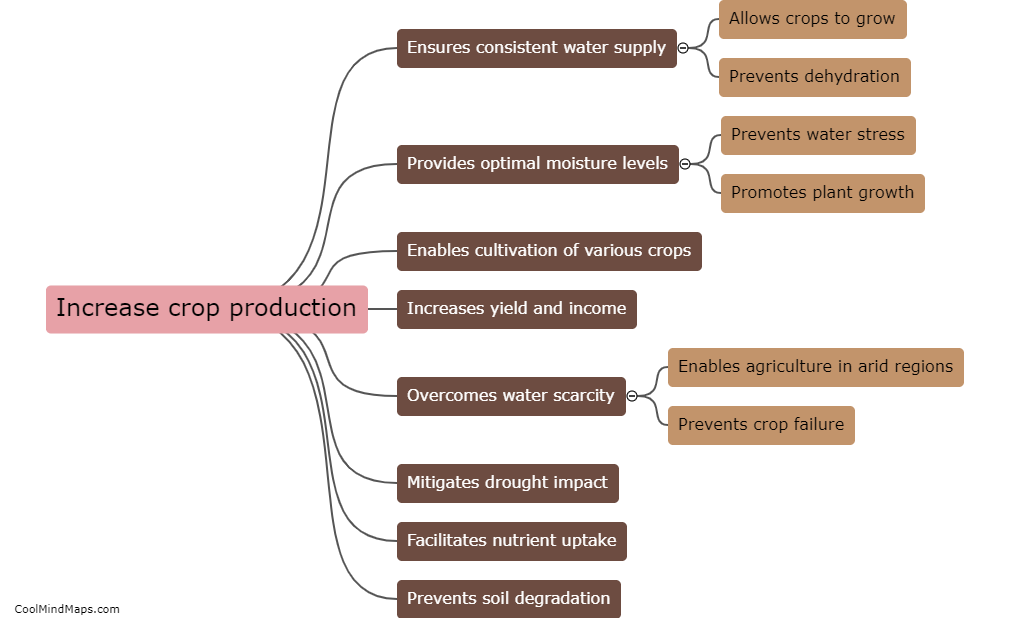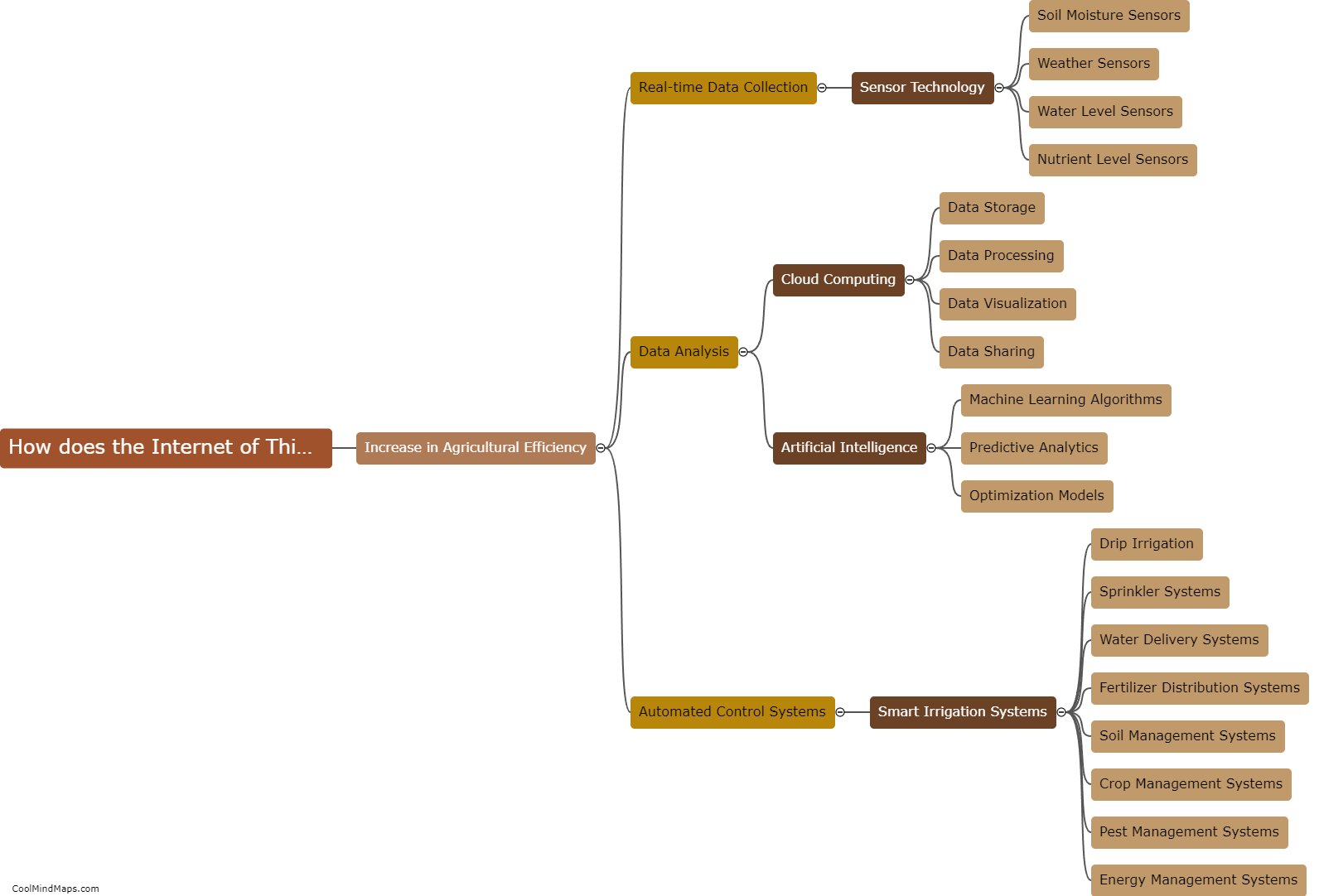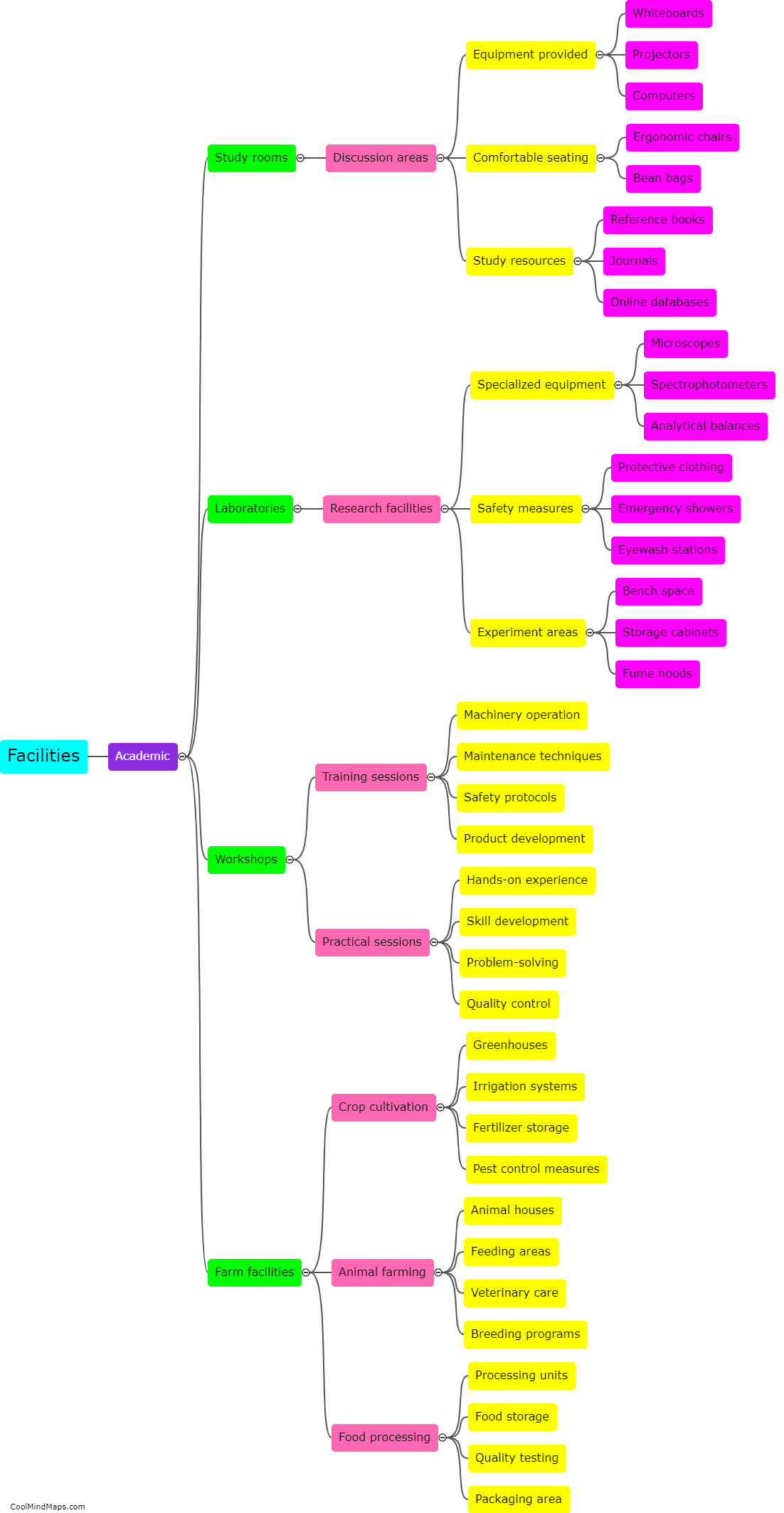What are the basic characteristics of living organisms?
Living organisms possess several basic characteristics that distinguish them from non-living matter. Firstly, living organisms exhibit organization, meaning they are composed of cells and have distinct levels of biological structure. Additionally, these organisms are capable of growth and development, whereby they increase in size and undergo changes in form and function over time. Living organisms also acquire and use energy to fuel their activities, either through the process of photosynthesis or by consuming other organisms. They are also capable of responding to stimuli in their environment, showing signs of irritability or responsiveness. Furthermore, living organisms have the ability to reproduce, passing on their genetic information to new generations. Finally, they exhibit homeostasis, maintaining a stable internal environment despite external fluctuations. These basic characteristics collectively define the unique nature of living organisms.
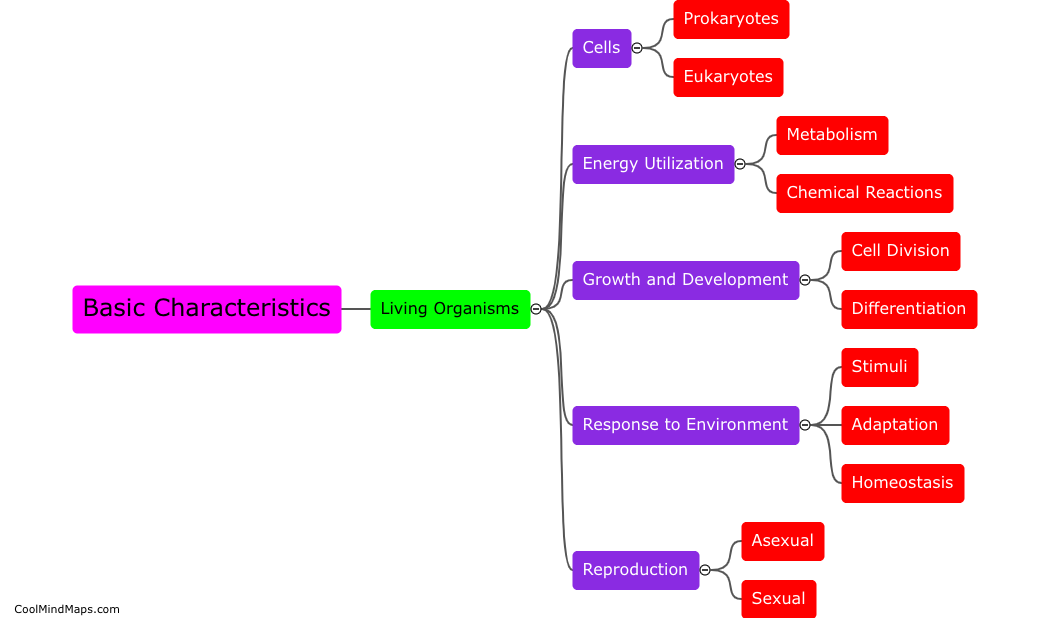
This mind map was published on 5 September 2023 and has been viewed 102 times.



